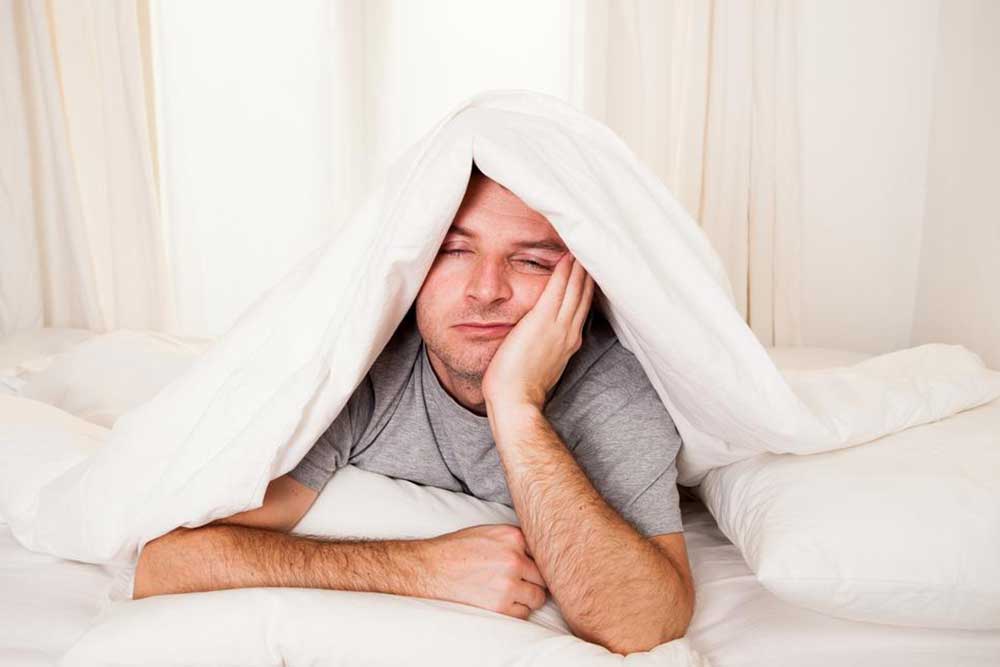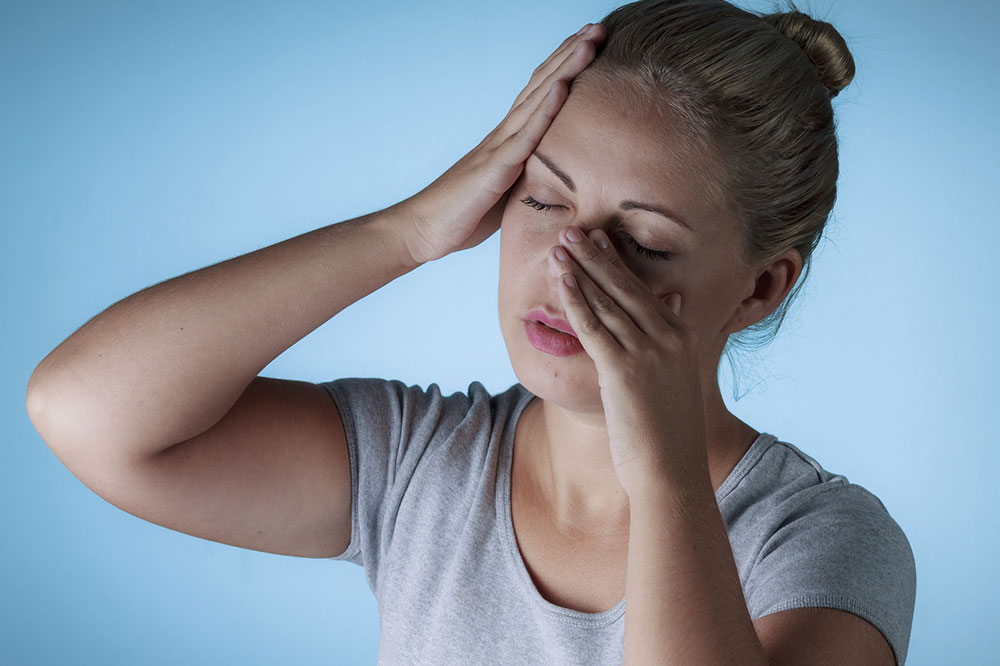Understanding the Key Causes of Night Sweats and How to Manage Them
Night sweats can result from various underlying health issues like hormonal changes, infections, or medications. Recognizing the causes and adopting lifestyle changes can help manage symptoms effectively. When external factors are ruled out, consulting a healthcare professional is vital for proper diagnosis and treatment. Tips include adjusting room temperature, wearing breathable clothing, and managing stress. Early intervention ensures better health outcomes and improved sleep quality. If night sweats persist, seek medical advice promptly to address potential underlying conditions effectively.

The Main Reasons Behind Night Sweats and Prevention Tips
Night sweats, or nocturnal hyperhidrosis, occur when individuals experience excessive sweating during sleep. While often harmless, persistent night sweats can signal underlying health issues. Factors like a hot sleeping environment, heavy bedding, or clothing can trigger sweating, which is generally easy to control. However, if external factors are not the cause, consulting a healthcare professional is essential to identify underlying conditions. Recognizing the common causes of night sweats can help in seeking appropriate treatment and improving sleep quality.
The causes vary widely, so proper diagnosis is key. Below are some frequent reasons behind night sweats:
Menopause: Fluctuating estrogen levels disrupt temperature regulation by affecting the hypothalamus, leading to hot flashes and night sweats. Exercise, relaxation practices, and medical treatments can help reduce symptoms.
Infections: Diseases like tuberculosis or infections, especially in immunocompromised individuals, often cause night sweats due to fevers and immune responses. Prompt medical attention is necessary.
Idiopathic Hyperhidrosis: A primary condition causing excessive sweating without a known cause. Maintaining good hygiene and consulting a doctor can manage this condition effectively.
Both hypo- and hyperthyroidism can lead to temperature fluctuations and night sweats. Medical treatment and lifestyle adjustments are recommended.
Blood Sugar Levels: Sudden drops in blood glucose, common in diabetics on medication, may induce sweating. Monitoring and dietary changes can help control this.
Medications: Certain drugs like antidepressants, acetaminophen, or aspirin can trigger night sweats. Speak with your doctor before making any changes.
Cancer: Night sweats may be an early sign of lymphoma or other cancers, accompanied by symptoms like weight loss and fever. Accurate diagnosis and treatment are crucial.
Neurological Conditions: Disorders affecting the nervous system, such as strokes or neuropathies, can also cause sweating during sleep, though less common.
Practical tips to reduce night sweats include using lightweight bedding, wearing loose cotton or linen clothing, managing stress, and maintaining a comfortable room temperature. Avoid spicy foods, caffeine, alcohol, and smoking, and stay hydrated. If persistent, consult a healthcare provider for tailored treatment options.
Note: The information here is for educational purposes. Always seek medical advice for persistent symptoms or health concerns.










